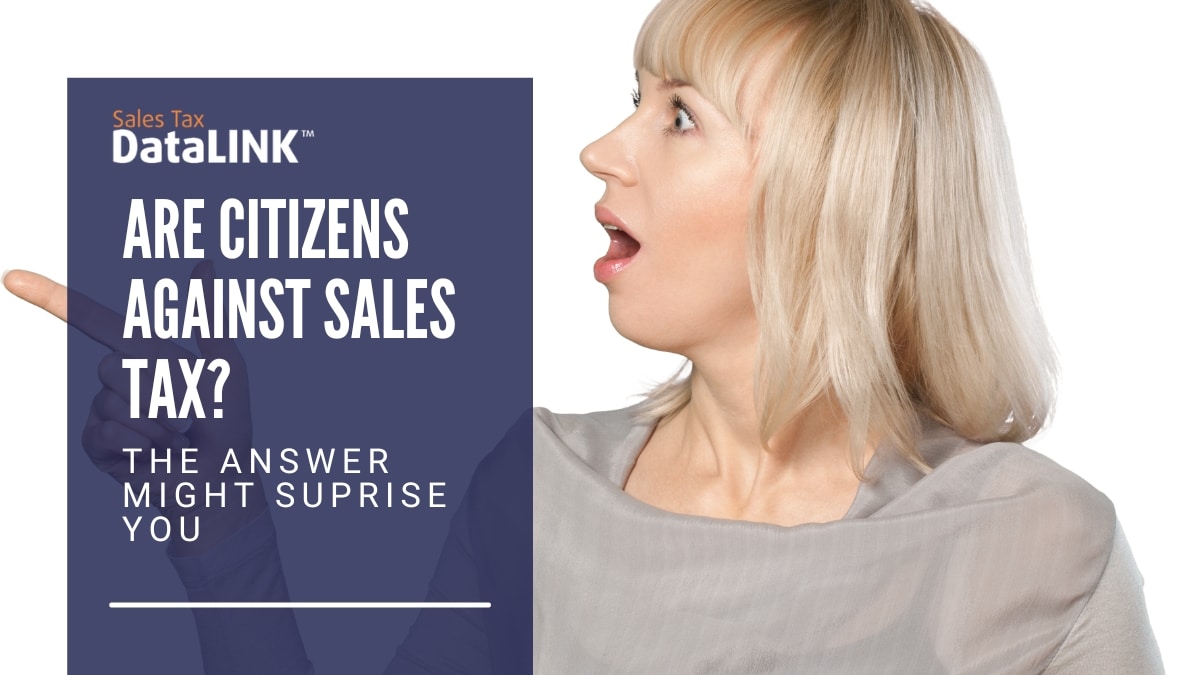The people of San Jose are okay with sales tax increases. In fact, they’re more than okay. A recent poll shows that, on average, two-thirds of voters favored increased sales taxes. Surprised? Many people will be, but they probably shouldn’t be. Voters can get emotional about taxes in the abstract, but most of us would rather pay taxes than have to fund our own roads, schools, and buses. Sales tax hikes often come to a quarter of a percent or another number that falls outside voters’ ideas of what might do them harm, and campaigns for tax hikes tend to focus on calls like “Save the library!” or “Support our teachers!” In the voter’s mind, the question becomes, “Would you pay 1/4 of a cent to keep the public library open?” From the point of view of a business, the first essential is to keep up with tax changes. Some states, such as Missouri, will notify all businesses registered to pay sales taxes of any changes. Others, like California, leave it up to the business to sign up for notifications.
All states require companies to collect and file taxes correctly whether or not they’ve received notifications. The second step is to make sure that any changes are handled efficiently. If your system requires anything more than resetting the tax rate, it’s wise to make a list of all the changes and notifications you’ll need to make, so that no tasks are overlooked. Using Sales Tax DataLINK’s patented technology to scour all your data for variances offers you peace of mind during sales tax changes. Third, keep an eye on KPIs to see whether consumers react.
When Japan imposed a significantly higher sales tax, consumers cut their spending. However, any reaction is likely to be temporary. It may be possible to offset any consumer reaction by offering a little something extra during the transitional period. For example, free shipping or delivery for one month or a 10% discount on the first order after the tax hike can distract customers long enough for them to become accustomed to the change. Frequent sales tax changes are part of the new normal for consumers as well as for businesses, and any emotional response is likely to be temporary. After all, citizens usually vote for sales taxes, so they’re not likely to vote against them with their wallets.




